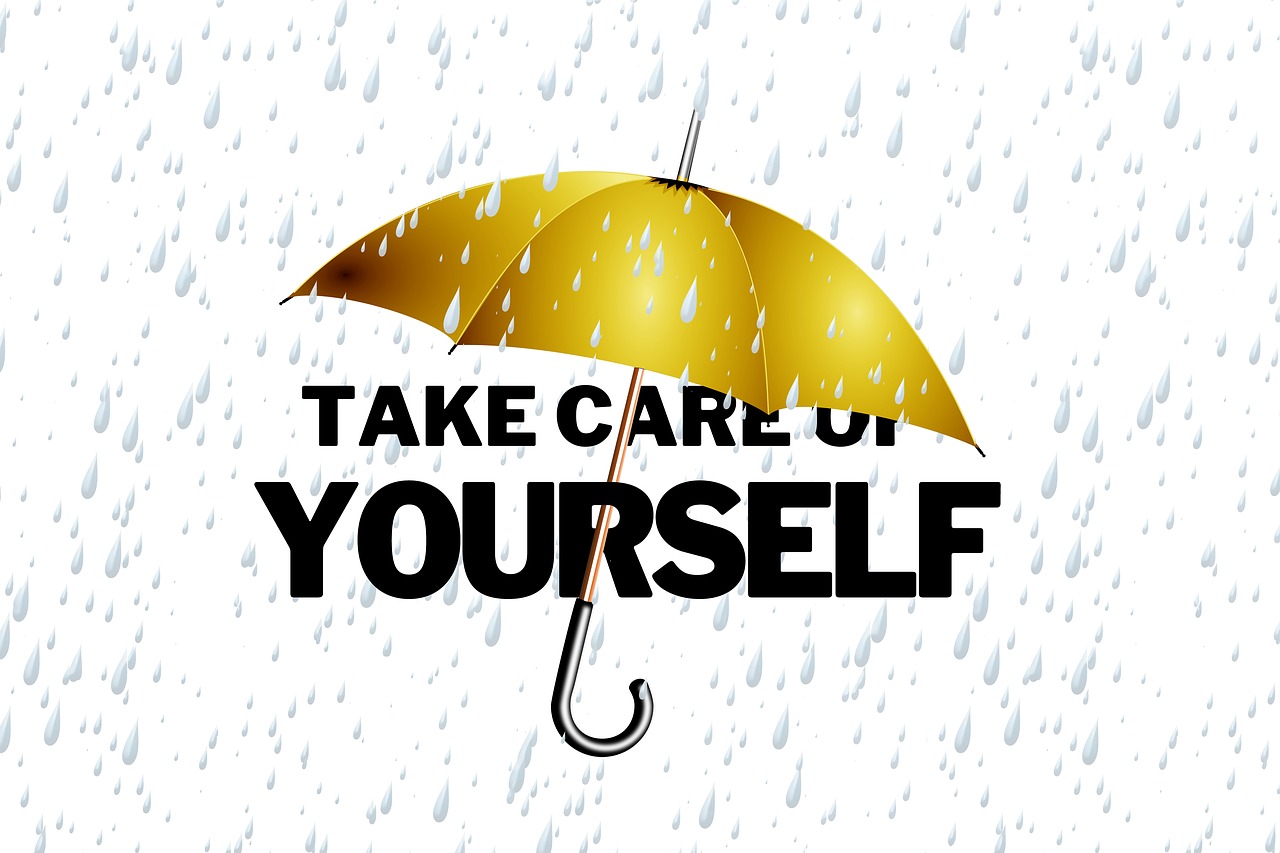Part III: Self-Care
The last article in this series focused on the first component of work-life balance, relaxation. Learning how to relax the mind will undoubtedly bring more peace to your life, but without self-care, it is almost impossible to make it work continuously. Before explaining how to do that better, it is first necessary to get clear on what self-care means.
Self-care refers to physical and mental actions we take to promote wellness on an ongoing basis. The last part of that sentence is the most important. Continuity and repetition of our actions lead to positive results. Most of us treat our bodies and minds well occasionally. We may exercise for a few months and then get too busy, or we may decide to take up a hobby that interests us, but let it fall to the wayside. The true key to self-care is daily commitment.
Let’s look at several simple ideas for your mind and body that you can use daily to promote your well being. Many of these suggestions take less than five minutes.
- Set the tone for your day. Before you get out of bed, make a decision about the kind of day you are going to create. Ask yourself what you want it to look like. If you are dreading a certain client meeting, or a feeling down, chances are your day will meet your expectations. Instead, expect the opposite; tell yourself it’s going to be an easy and relaxing day.
- Engage your mind. Find something outside your work and personal life to stimulate your mind on a daily basis. This can mean reading a chapter of a great book, or practicing a new skill you are trying to learn. Watching TV doesn’t count, unless it is a program that provides new insight and information.
- Practice affirmations. Many of us get stuck in negative thinking patterns. We spend a lot of time worrying, or feeling dissatisfied. Try to counter these patterns with affirmations about your life and yourself. Something simple, like “my life is very full, and I am constantly bringing new, positive people and situations to me.”
- Practice meditation. You don’t have to be spiritual to meditate. You just have to get quiet. You can mediate in less than 10 minutes. Lie down, close your eyes, and begin to relax each part of your body. If your thoughts lead to you some place else, keep coming back to the body. Do this until you have worked from head to toe, and end with one deep, conscious breath.
For the body:
- Get the heart going. There is no doubt that 30 minutes of cardio-vascular exercise five times per week leads to a healthier life. It also releases endorphins, which make us feel more alive and happy.
- Nourish your body by 50 percent. We all know we shouldn’t consume much of what goes into our bodies. If it seems impossible to let go of all the things you love, try halving the things you know aren’t good for you. You don’t have to give up everything you love, just have less of it.
- Do random acts of kindness. Many of us are more willing to do something kind for others than ourselves. For one week, try committing to one act of kindness towards yourself every day. This can be anything from taking yourself to lunch to paying yourself a compliment. If this seems silly or uncomfortable, all the more reason to do it.
Self-care can’t happen occasionally. We need to make it a habit, part of our every day routines, and feel good about it when we do it. There is no substitute for taking care of ourselves, and we can’t ask or depend on anyone to do it for us.


